Here to finish out our Spotlight series for Black History Month is Poetry alum Melanie Henderson! Melanie talks about Elegies for New York Avenue, winner of the 2011 Main Street Rag Poetry Book Award, writing poetry about place, and the importance of making space for other voices through her editorial work. Read on to find out more!
MELANIE HENDERSON – POETRY, JANUARY ’10

Melanie Henderson, poet, editor, photographer and publisher, was born, raised and lives in Washington, DC. Prior to earning an MFA in Creative Writing from Lesley University in Cambridge, MA, she studied poetry at Howard University and the Voices Summer Writing Workshops (VONA) in San Francisco, CA. Her debut collection of poems, Elegies for New York Avenue, won the 2011 Main Street Rag Poetry Book Award. Her poems have appeared in Beltway Poetry Quarterly, Drumvoices Revue, jubilat, Reverie, Torch, Tuesday; An Art Project, and The Washington Informer among numerous others. She participated in Huong’s Peace Mural Exhibition in Washington, DC (2008-2009), was selected as a feature reader for the 2009 Joaquin Miller Cabin Poetry Series and as a recipient of the 2009 Larry Neal Writers Award (DC Commission on the Arts and Humanities). She has received nominations for both the Orison Award and Pushcart Prize. She is the Managing Editor of Tidal Basin Review and Poetry Editor for Cherry Castle Publishing.
Check Melanie out at our Bookstore!
Photo Credit: Kayla Harvey-Ali
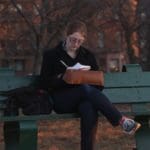
Interviewed by
Julia Leef
What made you gravitate towards a study/expression of poetry over other genres like prose or playwriting?
In addition to visual art, poetry has been my channel of creative expression since I was 12 years old. I loved it before I knew what it was or what it could achieve. I love language, in general, including learning about those which are foreign to me because of the cultural carriers, signifiers carried therein. As for poetry, it is the genre that sets off sparks inside me when I read it, write it or think about it.
Do you remember some of the earliest poems/poets you read? Does it differ from the type of poetry you like to read now?
In my teen years, I read poems by Robert Frost, Linda Pastan, Langston Hughes, Gwendolyn Brooks, etc., and was a huge fan of R.L. Stine’s Fear Street series. I still have Stine’s entire collection safely stored away in case my daughter expresses an interest in the coming years.
The type of poetry I read now is not so much different as it is broader. I do tend to gravitate towards poetry about place and that which invites me into another person’s or group’s cultural space/perspective. I really enjoy works, like “Blue Front” by Martha Collins and Claudia Rankine’s “Don’t Let Me Be Lonely” that deal with difficult subject matters (i.e., police brutality, racial/social injustice) in a way that incorporates the disorienting feelings those difficult events/subjects/memories evoke.
Your first poetry collection, Elegies for New York Avenue, which was the winner of the 2011 Main Street Rag Poetry Book Award, seems like a perfect example of that gravitation towards poetry about place. How was the process of writing those poems, and finding the right words to evoke both your personal experience and one that resonates with others?
The process of writing Elegies for New York Avenue was life-changing for me. Yes, many of the poems are about place, but they are also about the people of that place. As I wrote many of the poems included in Elegies, I was exploring my family’s journey in the late 1800s from enslavement in Virginia to freedom in Washington, DC. I was actively learning so much about them and, in turn, myself. The writing process was an amazingly spiritual one as it felt the poems nearly wrote themselves. An overwhelming experience, the poems were a way to channel all the tangible and intangible relics of my family’s legacy in the Nation’s Capitol. Though personal with a focus on my family and people/places immediately peripheral to us, the content lends itself to the larger narrative of our nation. Every family has a story, a history that deserves to be explored and known no matter how heartbreaking, challenging or unfamiliar to others.
Elegies for New York Avenue is also about a place that does not exist anymore— at least not the way I remember. Washington, DC, at the time I wrote the collection, was no longer the place of my childhood, the place that raised me. Choosing the “right words” meant recalling my honest memories and the images and sounds that make up the landscape of those memories; it seems the specific lends itself to the universal. The poems offered me a way to honor that place by preserving it if only through poems.
One of the most difficult things about writing is being honest with it–whether that manifests in the subjects you choose or the ways in which you confront the aspects of writing that make you feel the most vulnerable. Is this something that you encounter with your own writing and, if so, how do you overcome it?
I do not encounter any trouble with being honest in my writing. In fact, I make it my business to be honest and vulnerable in my writing as it is the vulnerability that grants the reader access and allows them to identify connections with what is ultimately a human experience. I may revisit (edit) a poem later, but first, I pour it all onto the page.
What is something you learned from the Lesley MFA program that has had an impact on your writing life?
While the Lesley MFA program offered me so many memorable and beneficial experiences, one of the best lessons I learned was how to edit my own work. During my 3rd or 4th residency, I am not certain which it was, the feedback my instructor provided on my packets was invaluable! She sliced up my poems in the most skillful way. I loved every minute of it. I use the skills learned therein until this day, especially when a poem is not quite doing what I want it to. Her feedback really allowed me to see/approach my work in a new way.
Speaking of editing, you are the Managing Editor of Tidal Basin Review and Poetry Editor for Cherry Castle Publishing. What brought you to both of those organizations and how do you balance your schedule to save time for your own writing?
There is really no such thing as “balance” at this stage of my life; I have a career outside of writing. I am a parent, also. There are many demands on my time, attention and energy. It may sound cliché, but typically, I write when I am moved. That is not always the most convenient or appropriate time. But, when I honor the impetus, the sense of satisfaction after the poem is alive and on the page is hard to describe. An exception to my normal process happened this past summer. I was asked to write new poems for a specific event. I prefer not to be prompted into poems. However, the invitation to create new work excited me and challenged me to make time and space to write. It felt like taking a bit of myself back. Regardless of what is going on outside of poetry, I will always find my way back to it.
Thanks for asking about Tidal Basin Review and Cherry Castle Publishing with which I am honored to do great work. One of the lessons I learned from my mentors, teachers, and community of poet-friends is that poetry is service. It is not only about getting your own work out there, but making spaces for other voices. Through these organizations, many invaluable known and new voices have been published on issues that matter, issues that affect humanity. It is work of which I am truly proud, but even more proud of because both organizations began organically from the heart and were created with people dear to me.
Are there any projects you’re currently working on that you would like to share?
A current project I am most proud of is the publication of Where We Stand: Poems of Black Resilience. The poetry anthology, which Cherry Castle Publishing released on February 1, 2022, includes the brilliant, powerful voices of a range of poets finding our way through the multiple pandemics: the Charleston Church Massacre, Covid-19, the televised murder of George Floyd, the flagrant lapse of national leadership, Capitol riots, and the list goes on. In addition to protest, the poems laud everyday Black life from the rejuvenating practice of intentional breathing to the life-saving surgery of a spouse to reveling in time spent with young people, our future. This anthology is a sort of time capsule of how we, as a nation, changed significantly in a short matter of time and how we, as a community, survived, gave each other hope, and remained resilient.
Listen to Melanie read two of her poems, “First Freed” and “On Theodoric C. James’ Porch.“


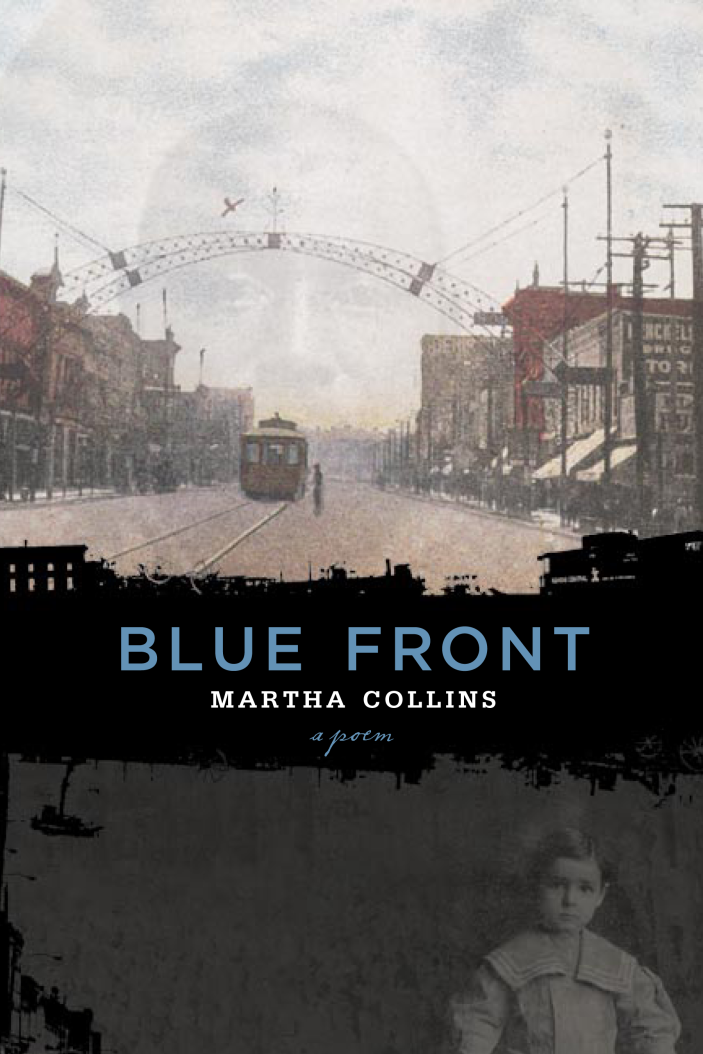
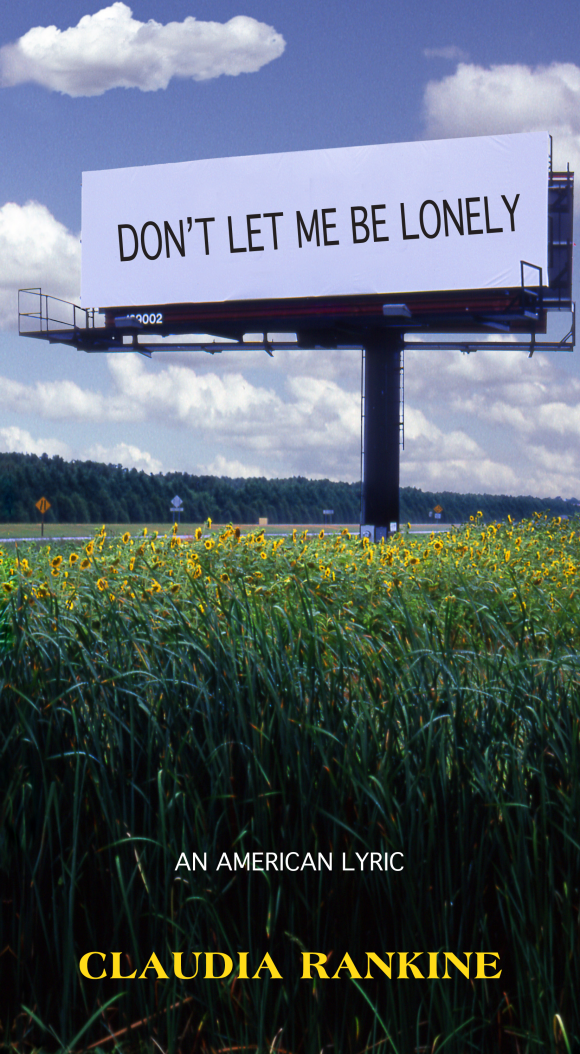
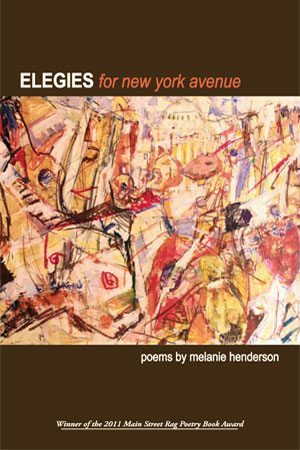
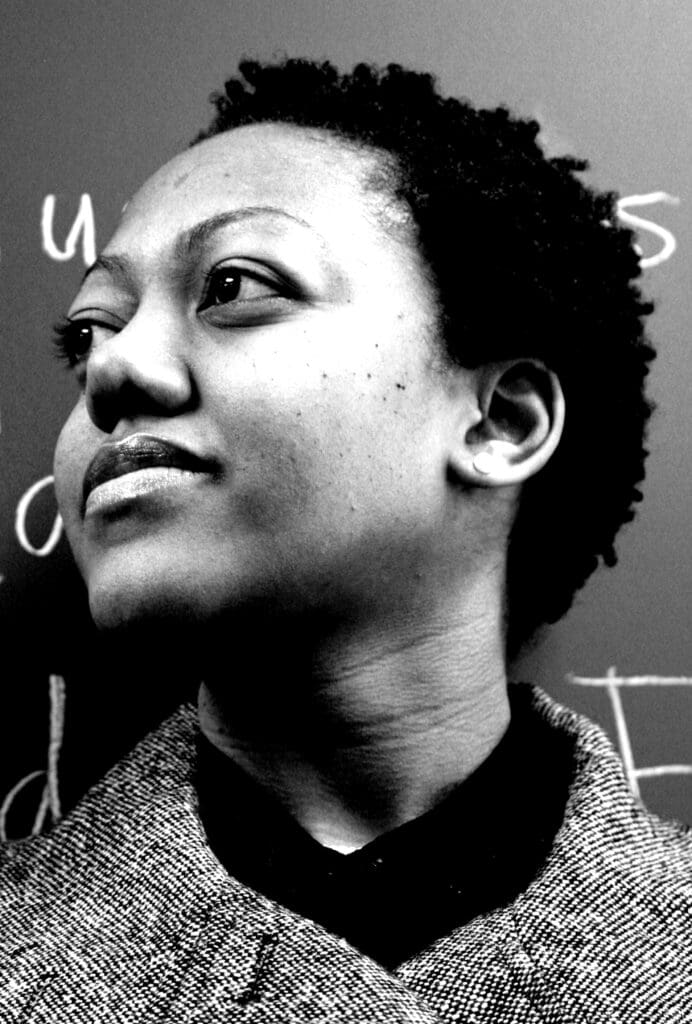
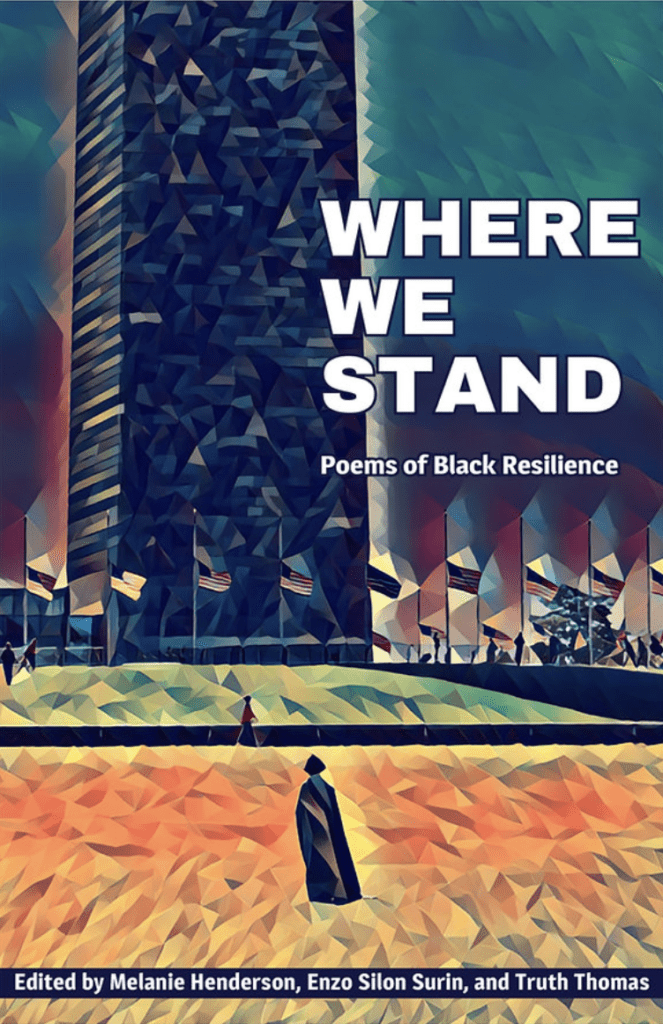
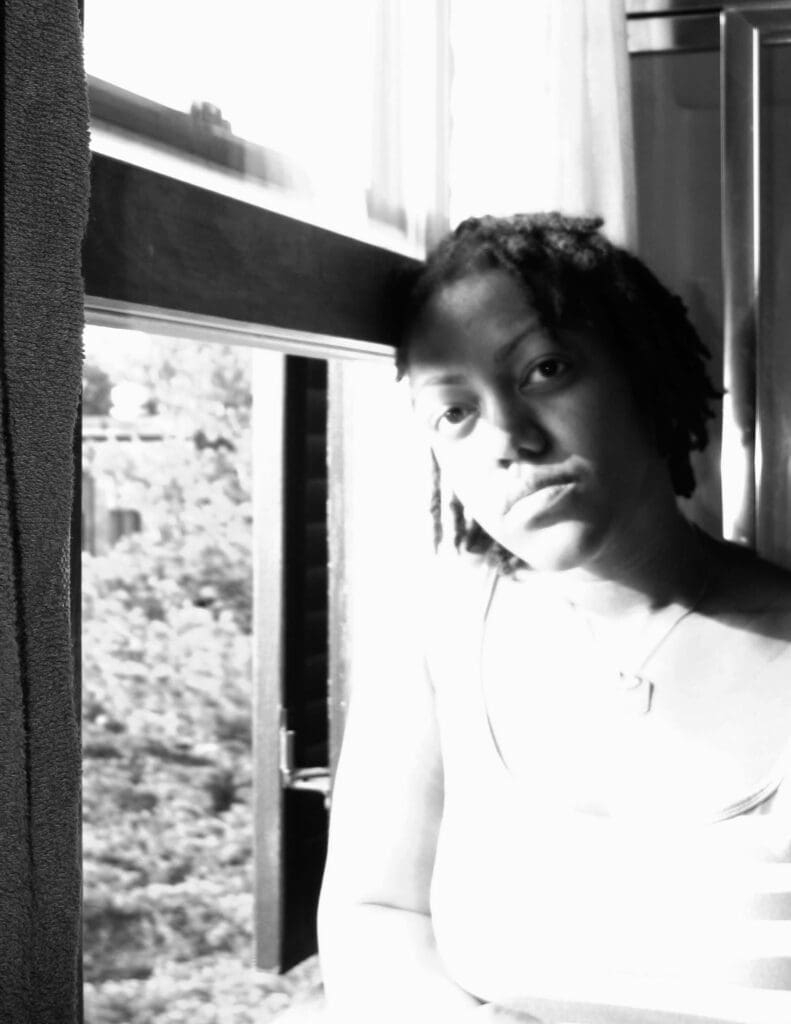
Comments are closed